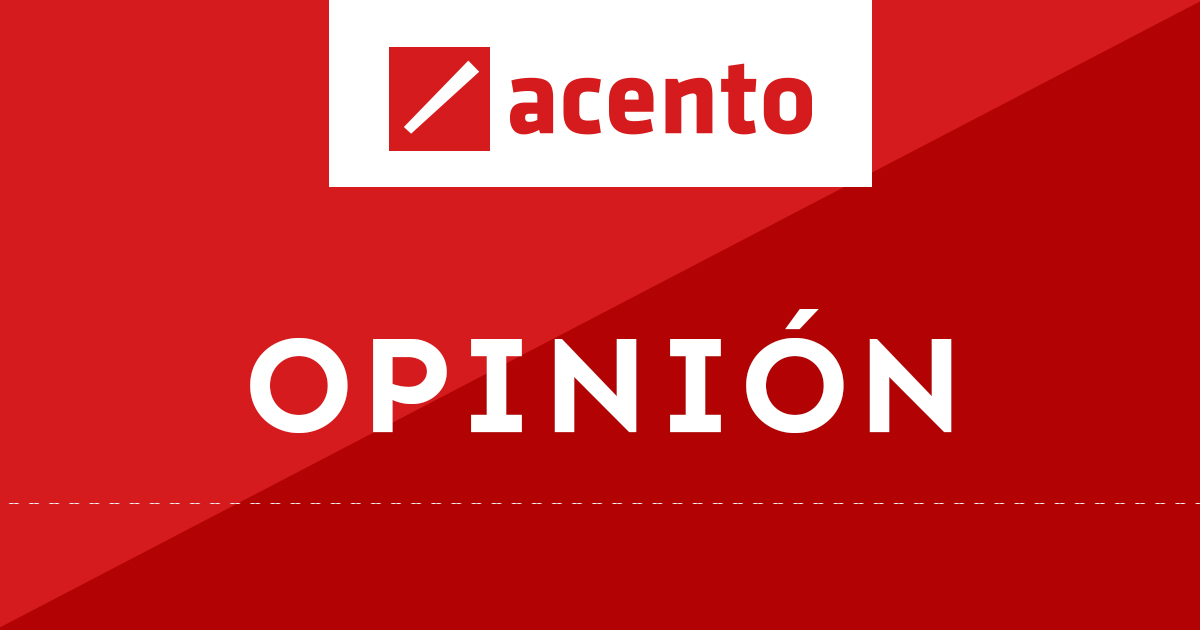We are in an unprecedented time, the social uses in interpersonal relationships have changed radically in the last 70 years, establishing new uses especially in relation to the approach to gender relations, specifically on issues such as harassment and consent for advances and sexual relations. In view of this entire revolution, which reached a climax with the #MeToo allegations, its star case being that of Harvey Weinstein, who was accused by multiple women of inappropriate sexual conduct, it leads us to reevaluate our ethical and moral values and how these can be represented through art. Are our art consumption decisions valid expressions of our ethical and moral values? Is it fair that we are the consumers of the art of monstrous men who serve as judge and party in relation to their behavior? Is your art an expression of this monstrosity or are they perfectly separable things?
In the world of art there will always be peculiar behaviors and in many cases offensive to a certain morality of the moment. Among these cases we have, for example, Picasso, who had behaviors of psychological violence against not only women, but also men; We also have Woody Allen, accused of sexually abusing his daughter, and Roman Polansky, accused of sexually assaulting a minor. In addition, we have the mythical case of Ernest Hemingway, accused of physically abusing his wife, and in more recent times we have some examples such as the case of actor Kevin Spacey accused of making advances that led to sexual activities without consent, as well as singer Marilyn Manson accused of sexual abuse and Michael Jackson accused of inappropriate sexual conduct against minors. In most of these cases, a wave of manifestations of rejection and repudiation has been generated that has transpired in the fact that some have lost work contracts or the possibility of these.
There is also another side of the coin, in other cases these behaviors are overlooked, and even taken as a justification due to the genius that these individuals possess, as if the behavior were part of the talent or an expected consequence of it. We cannot deny that this genius is often accompanied by a degree of eccentricity, but to what extent can we take refuge behind genius to justify all kinds of behavior? What price as a society are we willing to pay as a consequence of the talent and emotions that the art of monstrous men can awaken in us?
Art is an element that can deeply touch the fiber of the social fabric. Many times artistic manifestations divide or unite people under the sphere of a certain feeling or a certain ideology. In addition, many times the consumption or rejection of this type of art is closely linked, not to behavior, but to the ideology of its exponent.
On the other hand, we have certain expressions that may or may not be considered artistic manifestations that represent a more open affront to morality and even promote discriminatory and hate speech. In these cases it is much easier to consider how our choice or repudiation of consumption could be a manifestation of our morality, as happens with Hitler’s aberrant Mein Kampf or the work of Carl Schmitt. Do these ideological manifestations represent an artistic expression? How far does the conceptualization of what is and is not art go? On the other hand, we also have those who in their private lives have ideologies that are manifestly apologies for hate, but this is not reflected in their art, as is the case with the composer Richard Wagner.
So, are our art consumption decisions a reflection of our ethics and morals? Personally, I think not. I believe that the art of monstrous men is separable from their behavior in their personal lives, even though they seem reprehensible to us. I understand that it is not a real or fair expectation to place in the hands of the art consumer the task of being judge and jury, or moral police of monstrous men. That said, we have the case of artistic manifestations that are sociopolitical ideological expressions. In this case, what would happen? I think that here we must take into account the intention of the consumer, since it is not the same to read MeinKampf for example out of pure intellectual curiosity, or, as sometimes happens to me, to know the point of view of the opposite, to consume it as part of a deepening of ideas (an increasingly common situation in view of the resurgence of neo-Nazi or merely racist movements) as those artistic expressions that are nothing more than propaganda for cruel positions or domination of others would not be the same.
This issue, as we can see, raises more questions than answers and is the reason for many conflicting opinions. On the one hand, there are those of us who understand that the artistic manifestations of monstrous men are completely separable from their private behavior or their ideology and, on the other hand, there are those who understand that this is not the case and who sometimes refuse to consume this art. But there is another very important underlying question: What does an expression of ethics and morality represent? How can we express our individual morality and how is collective morality generated in relation to artistic manifestations and the behavior of its exponents? Do the artistic manifestations of each era represent a reflection of collective morality? If we don’t think about these questions, we won’t be able to define a more or less useful answer that would be.
2023-07-24 04:26:44
#art #monstrous #men


